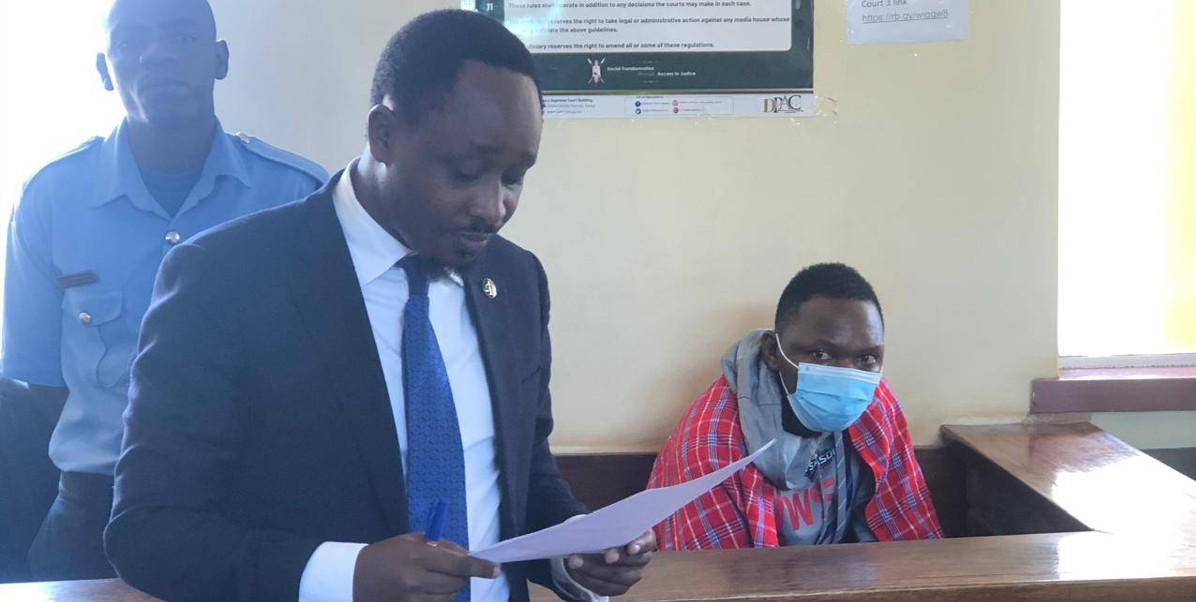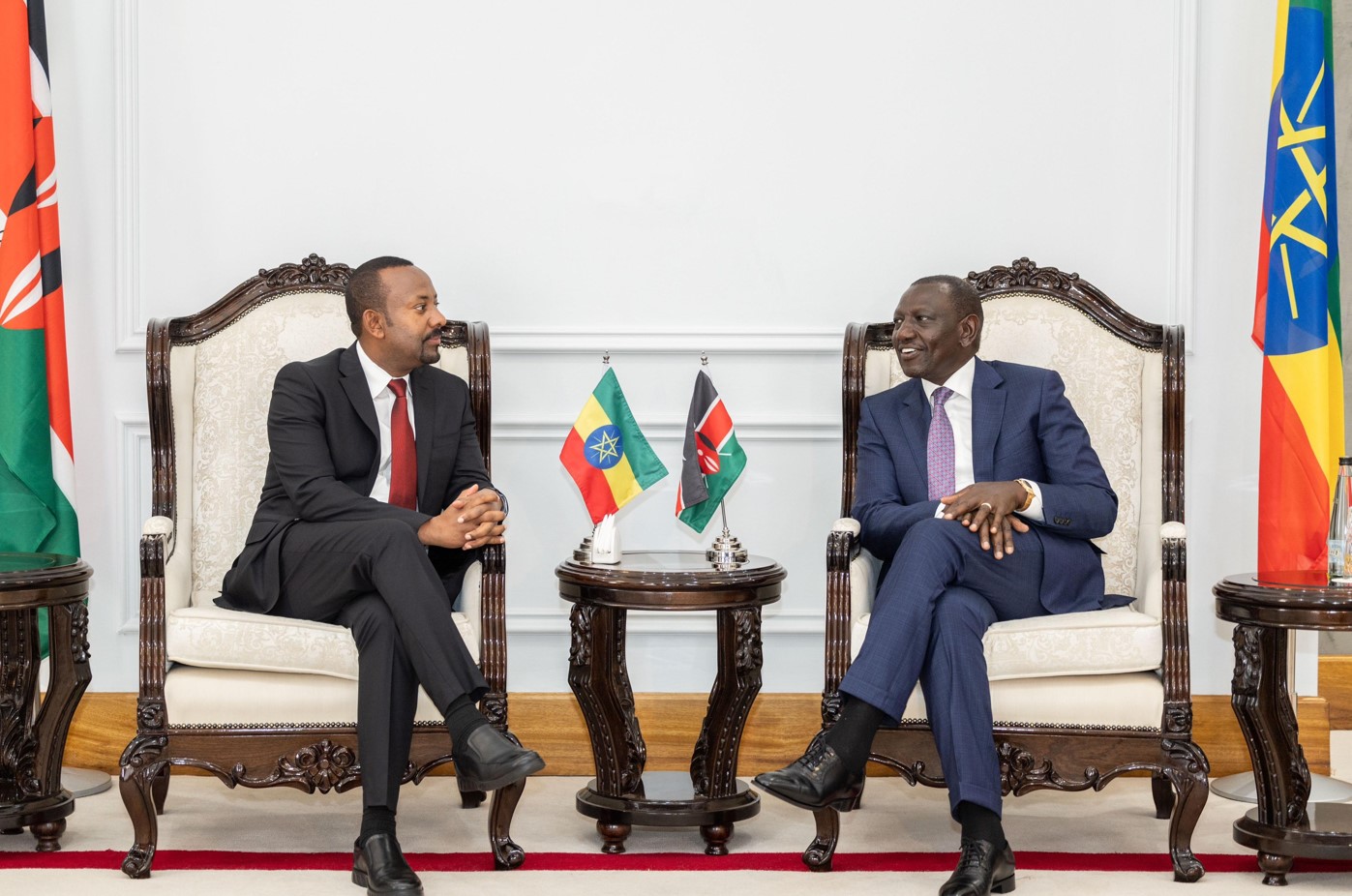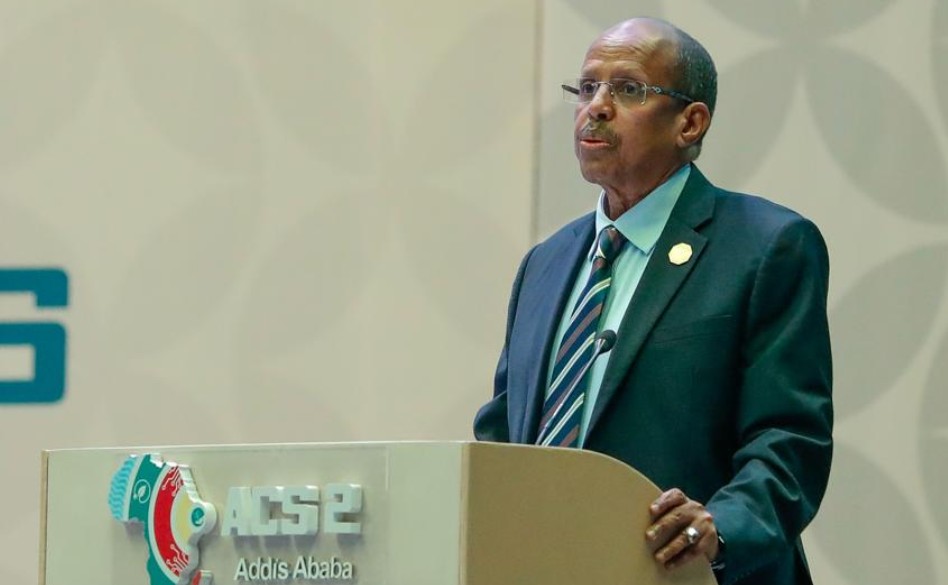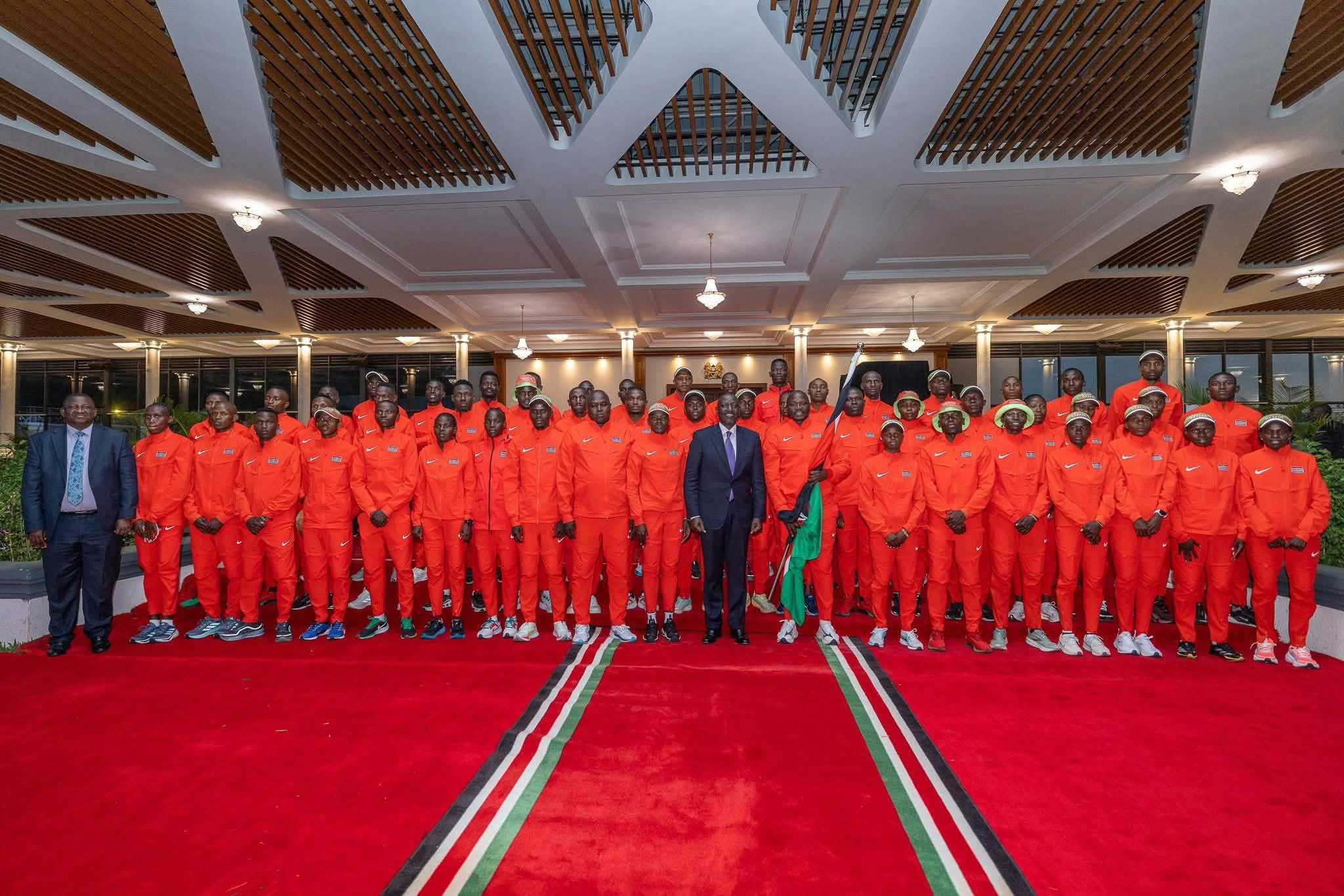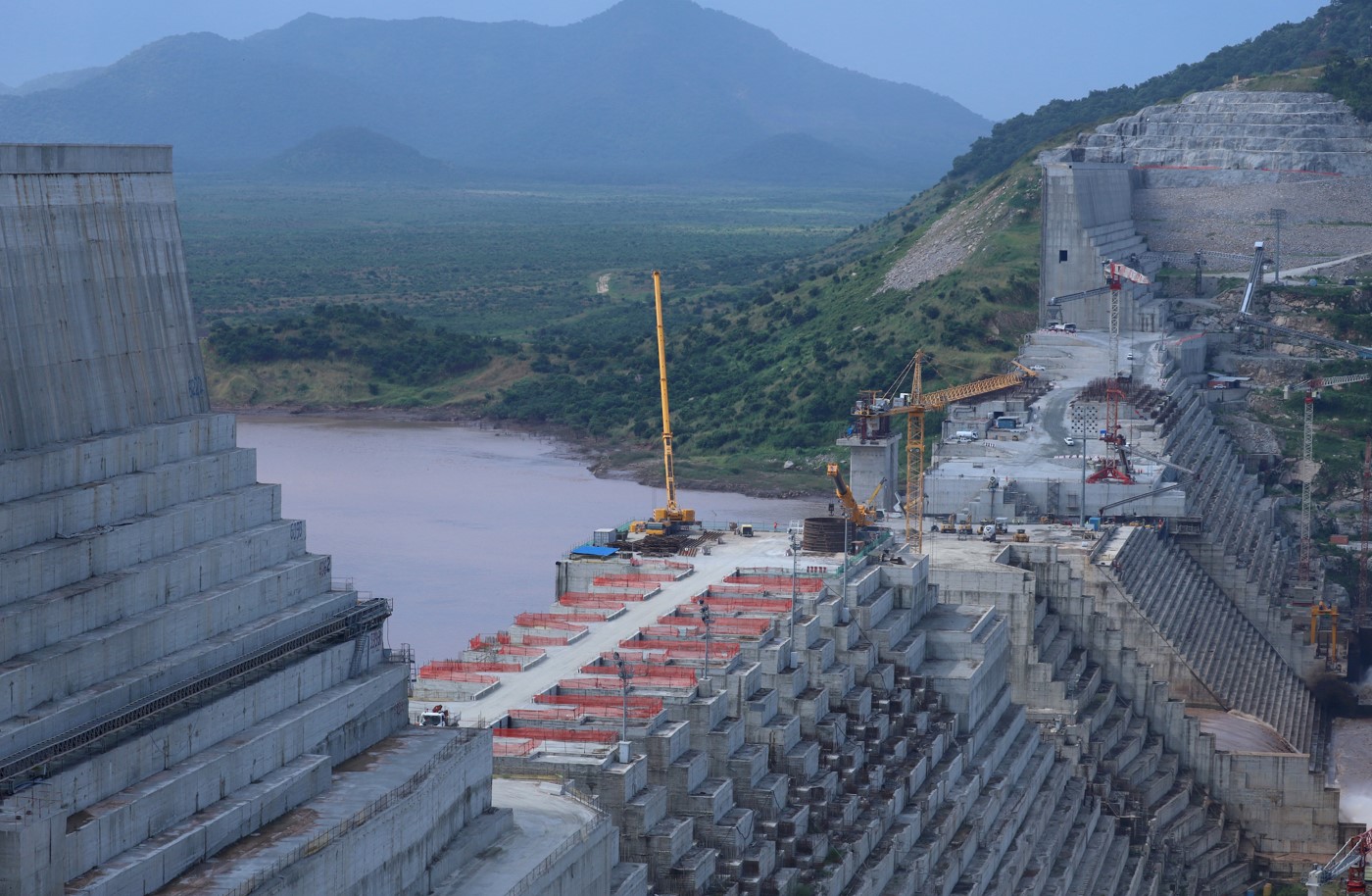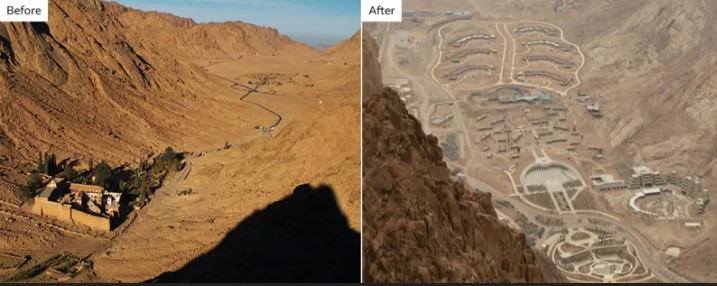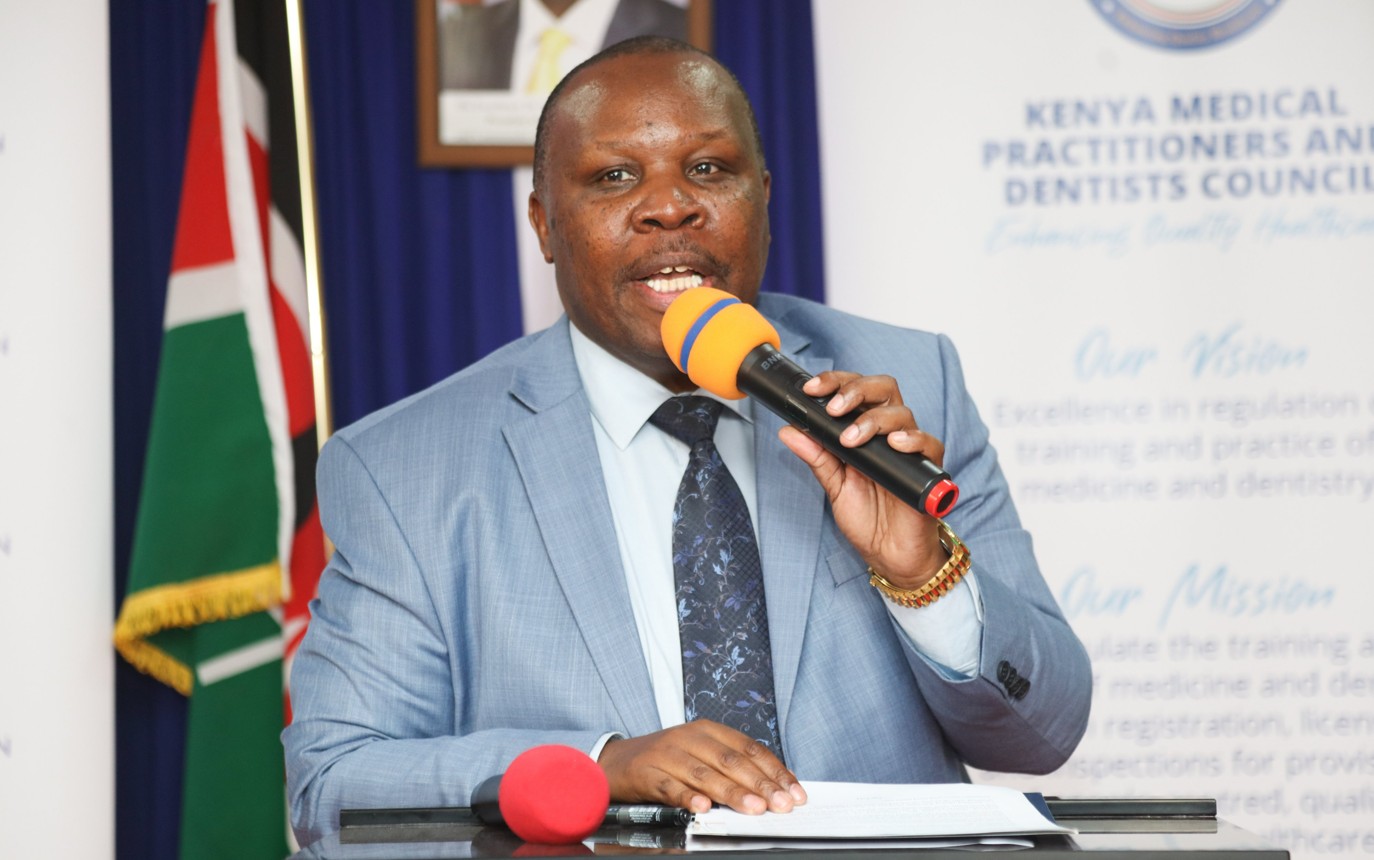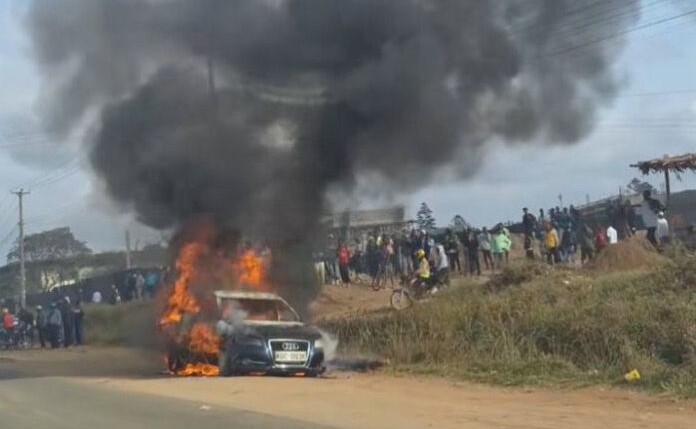Vipingo Free Trade Zone set to transform Kilifi's Economy - Ruto
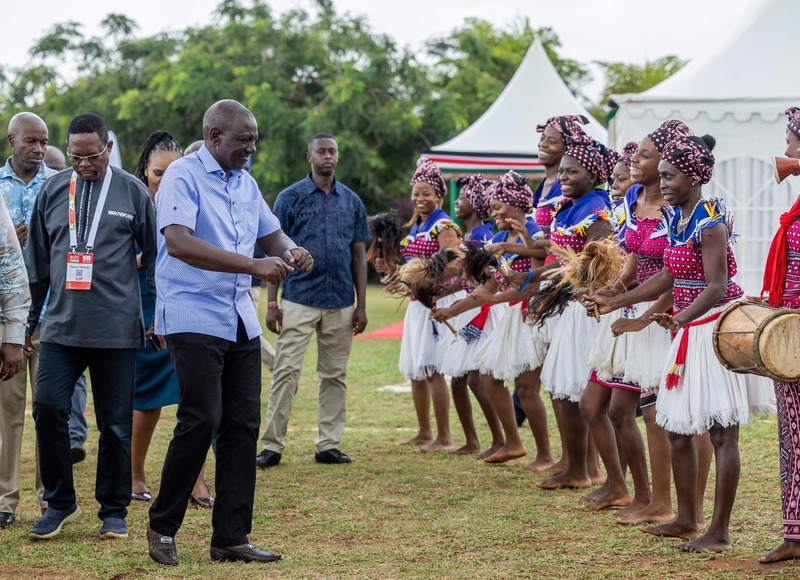
The new SEZ will be home to over 200 industries across key sectors such as agro-processing, manufacturing, green energy, pharmaceuticals, IT, and logistics.
Communities in Kilifi are set to benefit from new economic opportunities following the announcement of a 2,000-acre Special Economic Zone in Vipingo, Kilifi County.
This is after the Ministry of Industry, Trade, and Investment officially gazetted a 2,000-acre Special Economic Zone (SEZ) in Vipingo, which is part of a larger 6,000-acre master plan to develop the region into a major industrial hub.
More To Read
- Union demands full implementation of Ruto’s directive on UHC staff absorption
- Nairobi women caucus fault Ruto, Raila for scuttling Sakaja's impeachment
- LSK President Faith Odhiambo vows victim-centred justice for protest and riot victims
- Legal experts warn top politicians against saving governors from impeachment
- Maraga urges President Ruto to order withdrawal of Jubaland forces from Mandera
- Resign if you can’t adapt: Ruto warns state officials opposing e-procurement
Speaking at the Kilifi County Investment Conference on Thursday, President William Ruto described the Vipingo Free Trade Zone as a transformative project that will attract major investments and create thousands of jobs in Kilifi and beyond.
The new SEZ will be home to over 200 industries across key sectors such as agro-processing, manufacturing, green energy, pharmaceuticals, IT, and logistics.
The development is projected to create 50,000 jobs over the next decade, with construction scheduled to begin in early 2025.
"This is a game-changer for Kilifi County and the entire coastal region. The Vipingo Free Trade Zone will provide an unparalleled opportunity for local businesses, SMEs, and investors to grow and thrive," Ruto said.
"It is a vital part of our strategy to create sustainable economic growth and foster industrialisation, which is key to job creation and poverty reduction," he added.
The SEZ is being developed through a partnership between Centum PLC, a publicly listed company with over 36,000 shareholders, and Arise Integrated Industrial Platforms, with a focus on sustainable energy, state-of-the-art infrastructure, and fiscal incentives for investors.
The project aims to foster local supply chains, empower SMEs, and advance Kenya's industrialisation goals.
In addition to the SEZ, the government is advancing several other EPZ projects across the country, with notable progress in counties like Busia, Eldoret, Murang'a, and Kirinyaga, all of which are now above the 50 per cent construction stage.
These initiatives are expected to create thousands of jobs and significantly boost Kenya's export capacity.
Going further, President Ruto also highlighted the critical role of infrastructure in Kilifi's economic transformation.
He pointed to the Port of Mombasa, which saw cargo throughput rise by 2 million metric tonnes in 2023, as a key enabler of trade and investment in the region.
Similarly, Lamu Port, now fully operational, has expanded its capacity with the installation of modern gantry cranes and the ability to handle multiple ships simultaneously.
These infrastructure upgrades, combined with the establishment of Special Economic Zones (SEZs), are opening new trade corridors and enhancing Kilifi's access to global markets, benefiting farmers, fishermen, and small-scale traders.
"Kilifi's farmers and fisherfolk are already seeing higher incomes and better job security thanks to these developments," Ruto said.
Revitalising Tourism
Beyond industrialisation, President Ruto pointed out the government's commitment to revitalising Kenya's tourism sector, with a special focus on the coastal region.
Kilifi, known for its beautiful beaches and cultural heritage, is witnessing a resurgence in tourist arrivals, which are projected to reach 2.5 million in 2024, up from 1.4 million in 2022.
The government's Visa-Free Entry Programme is helping streamline access for international visitors, with the aim of reaching 5 million tourists annually by 2027.
Additionally, Ruto highlighted the digital transformation underway across the country, with efforts to expand fibre-optic connectivity to underserved areas. This digital revolution is expected to provide new opportunities for young Kenyans in IT, digital entrepreneurship, and e-commerce.
Affordable Housing
On the issue of urbanisation, Ruto urged the Kilifi County Government to collaborate with the private sector to leverage the affordable housing programme, which the President described as not just a way to provide shelter but also a key driver of economic activity.
"Affordable housing has already generated 164,000 new jobs, spanning construction, manufacturing, and services, and it will continue to be a pillar of our economic growth," he said.
In addition, President Ruto called on local and international investors to engage with confidence in Kilifi's growing economy.
"Behind the statistics are real people, with aspirations, ready to partner with you in transforming not just Kilifi but the entire nation," he said.
He also commended Governor Gideon Mung'aro and the County Government of Kilifi for their leadership in driving investment and creating a conducive environment for growth.
Top Stories Today

